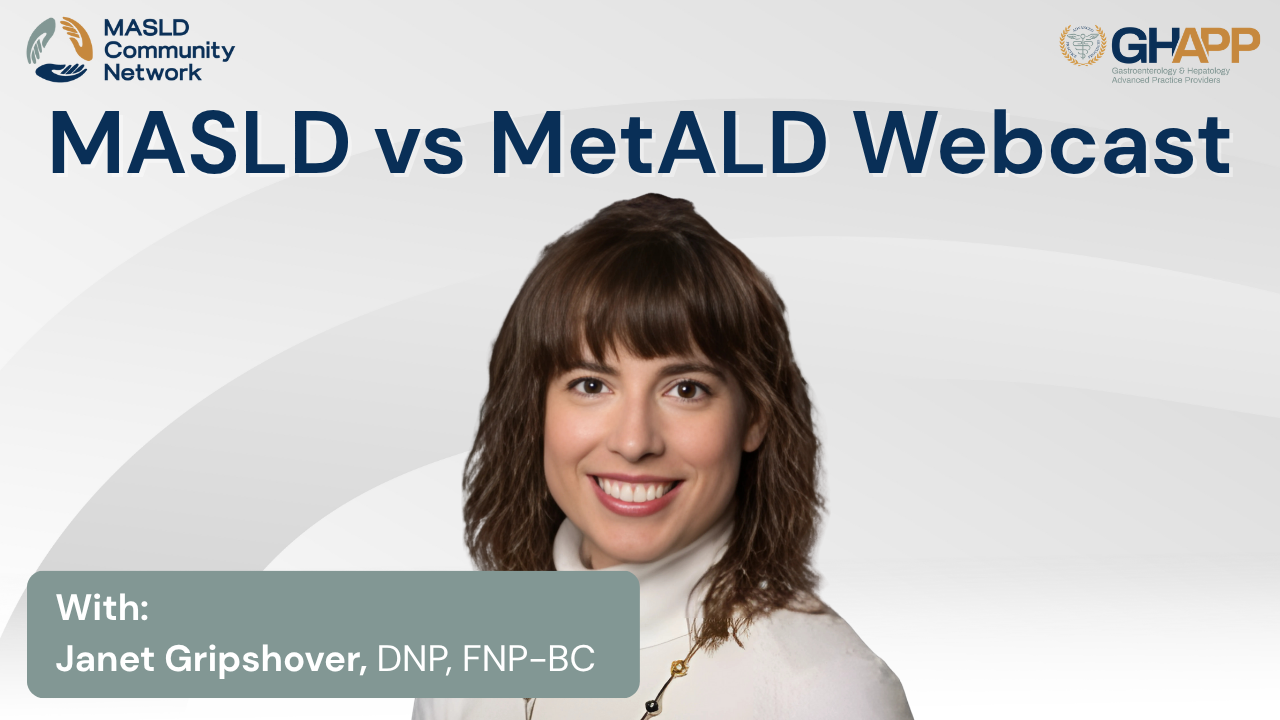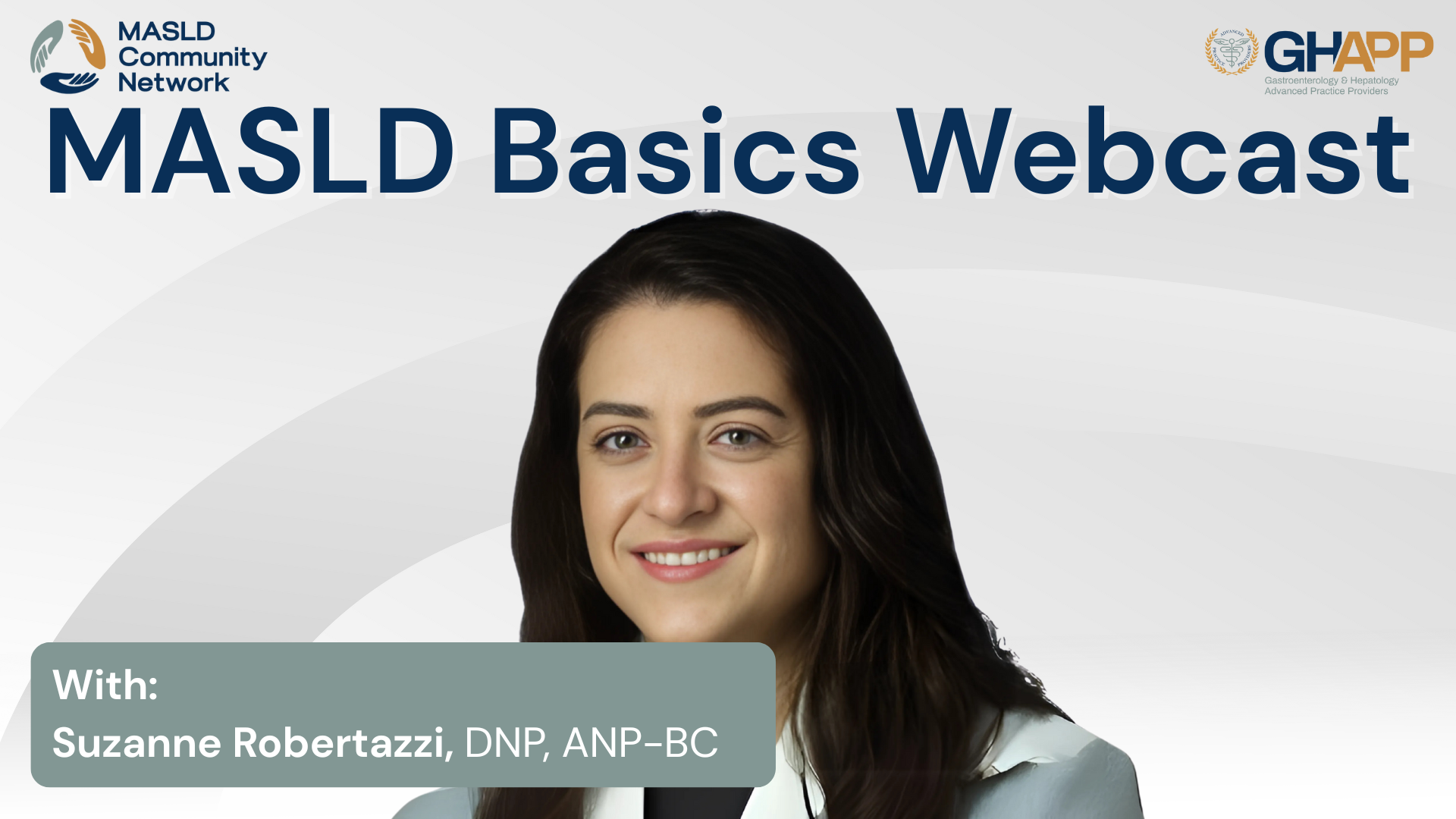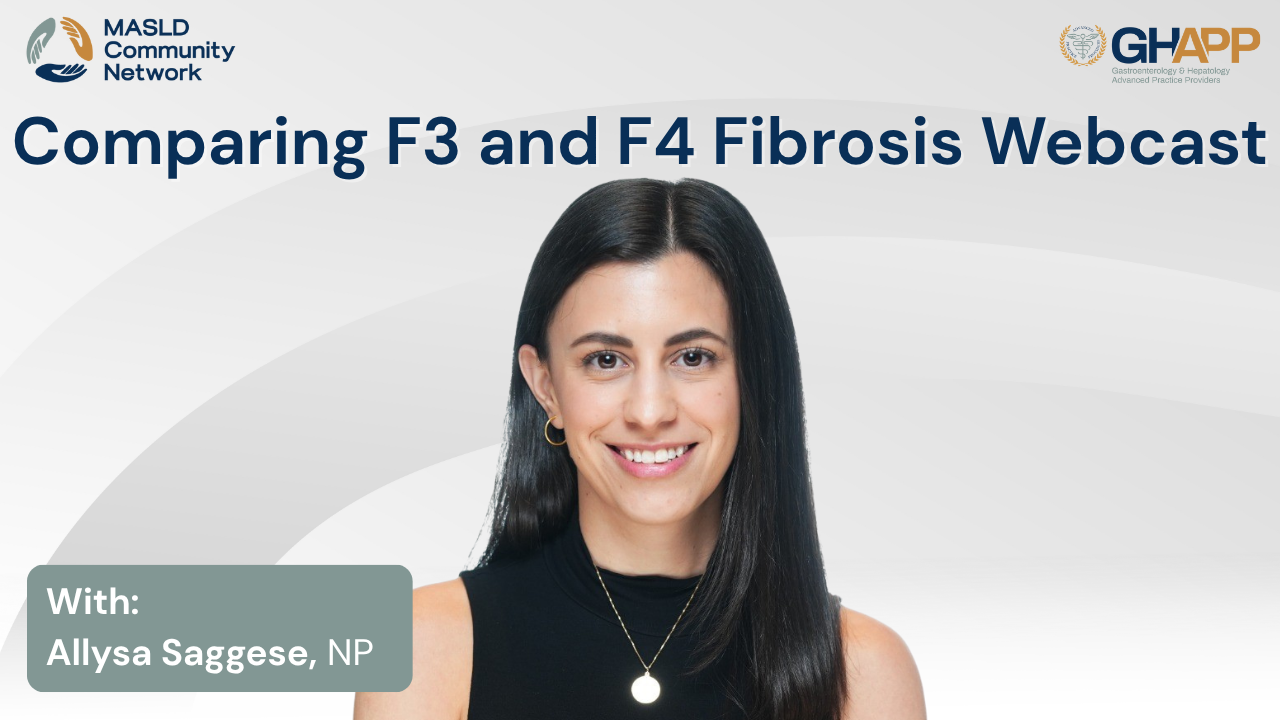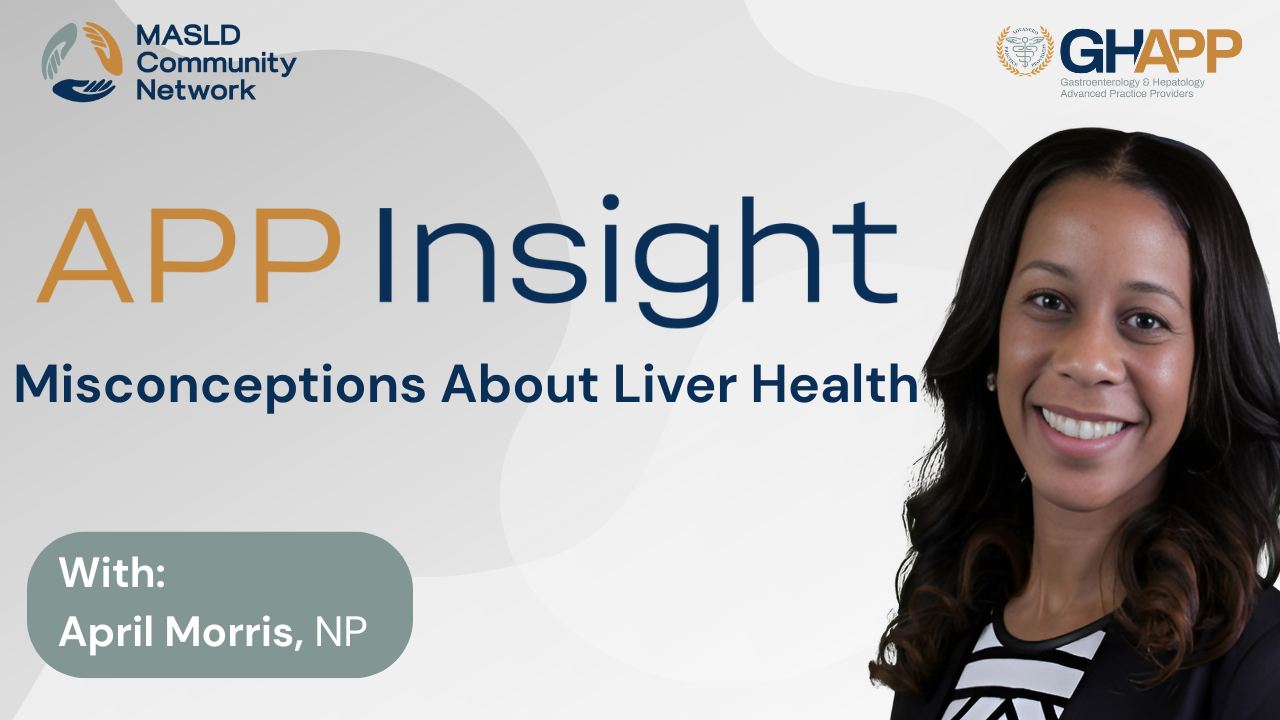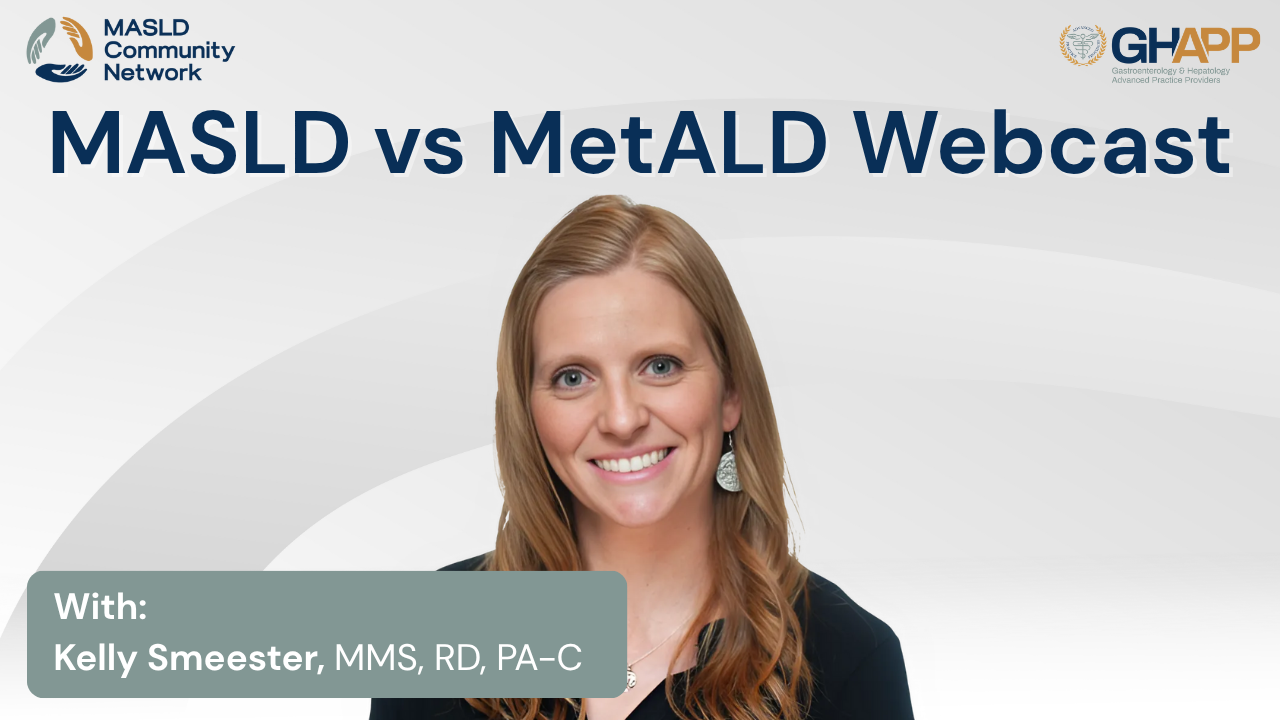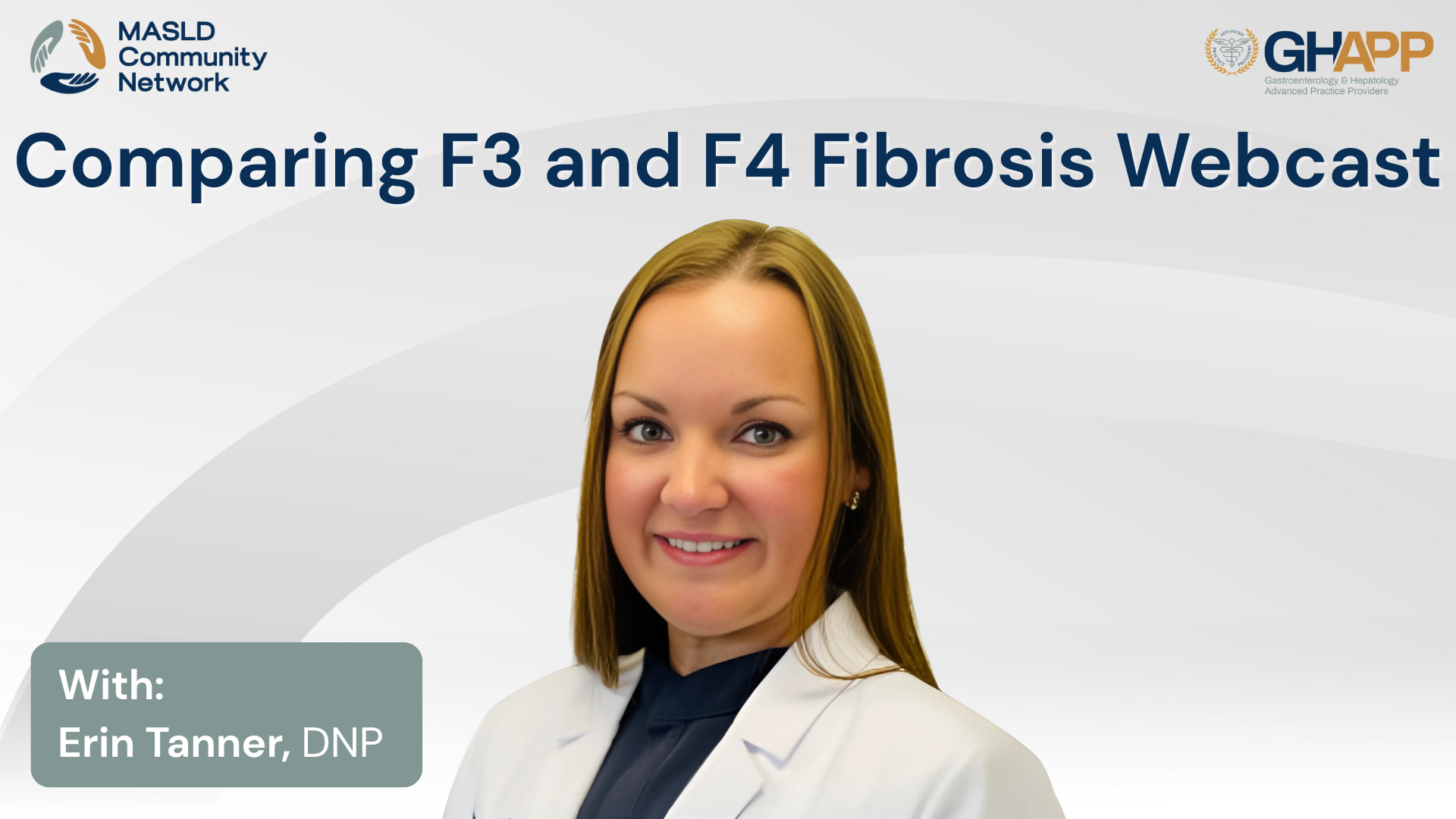Chat with MASLD AI

Hi, I am MASLD AI.
Suggested Questions :

MASLD AI 03:43 AM
In this presentation, Elizabeth Alqueza, PA at Beth Israel Deaconess Medical Center, provides a comprehensive overview of pharmacotherapy for Metabolic Dysfunction–Associated Steatotic Liver Disease (MASLD) and MASH. She highlights the latest treatment strategies, including lifestyle modifications, cardiovascular risk reduction, and targeted liver-directed therapies. Elizabeth reviews the role of GLP-1 receptor agonists in weight loss and liver health, the evidence for Vitamin E and Pioglitazone in select patients, and the landmark approval of Resmetirom (Rezdiffra)—the first FDA-approved therapy for MASH with moderate to advanced fibrosis. Drawing from clinical trial data, including the MAESTRO-NASH trial, she explains mechanisms of action, efficacy outcomes, safety considerations, and practical prescribing guidance. This session underscores the importance of combining non-invasive testing, lifestyle interventions, and emerging pharmacologic therapies to improve patient outcomes and prevent progression to cirrhosis and liver-related complications.







 August 2025
August 2025 
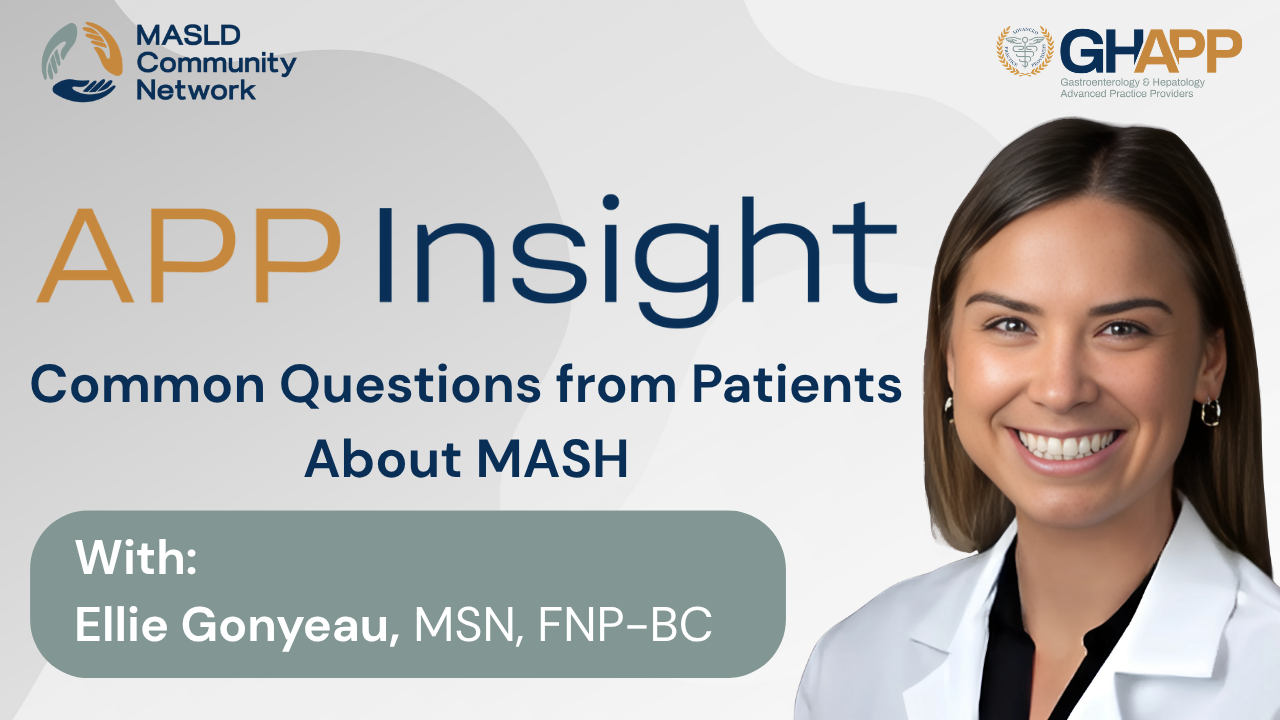
 July 2025
July 2025 
